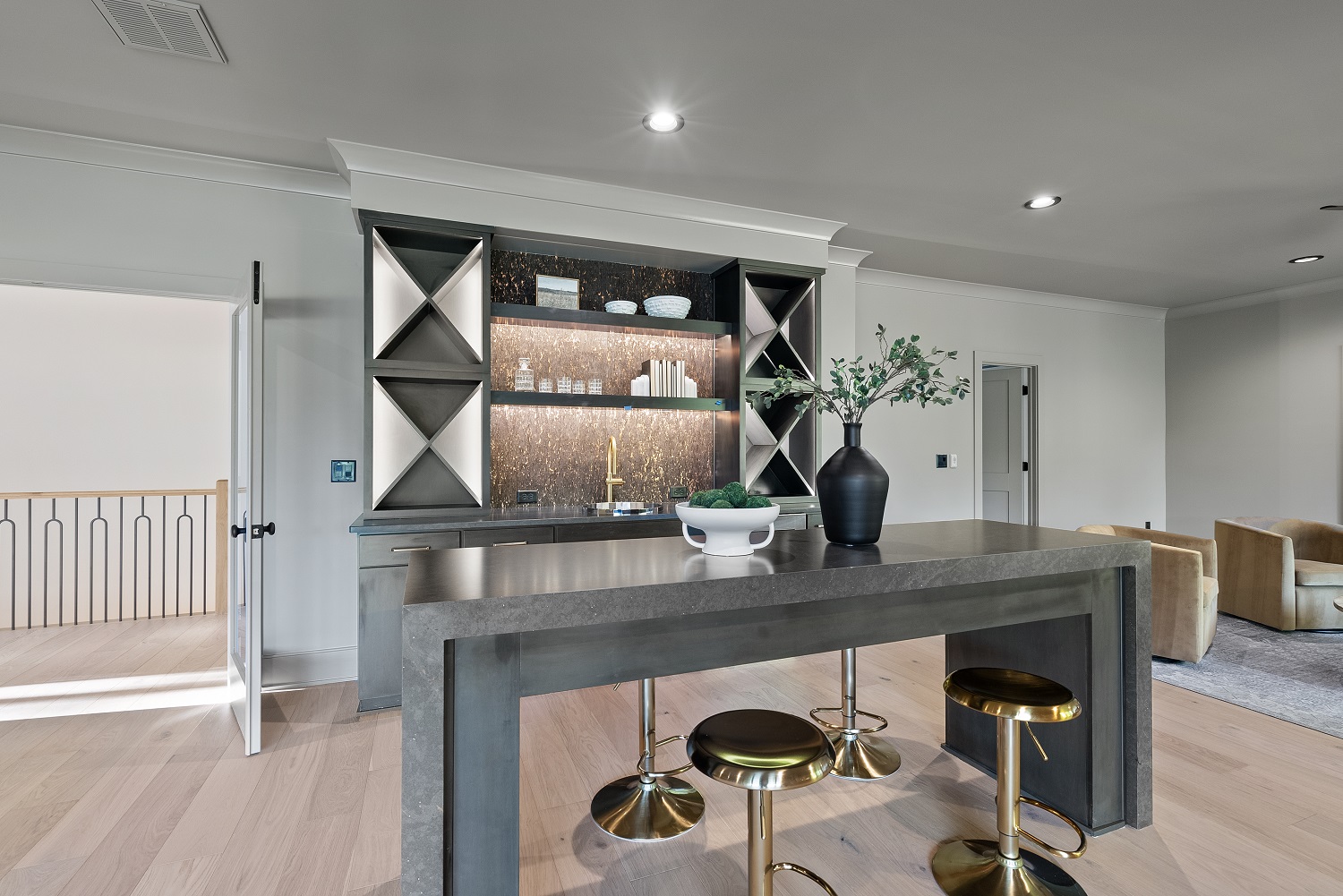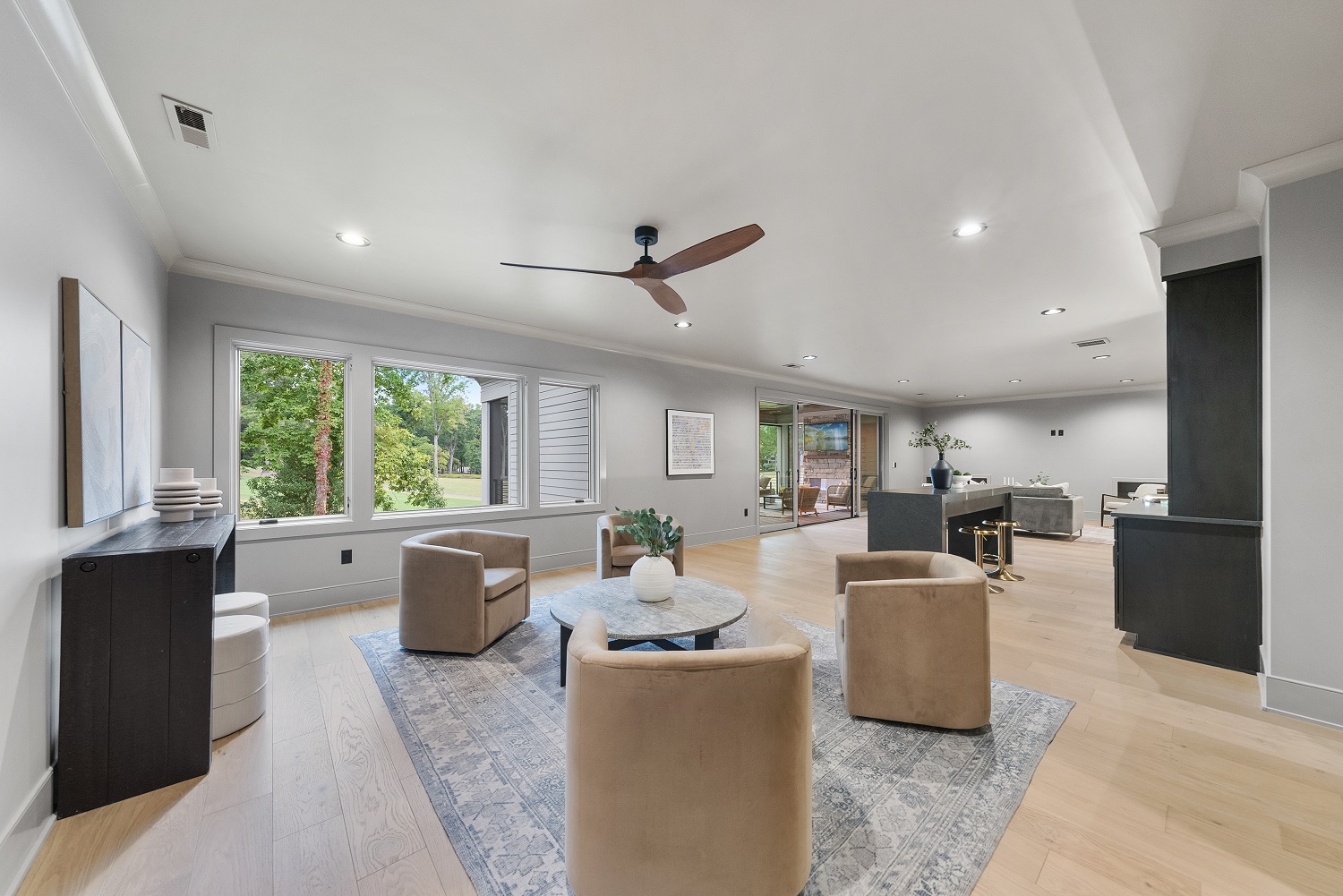Thinking about resale value may not be the most thrilling part of buying or building a home, but it matters more than most people expect. Resale value isn’t just about how long your grass stays green or whether your walls are painted trendy colors. It’s affected by the community around the home, what it offers, how it’s aged, and what it continues to promise down the road.
For buyers and homeowners in Raleigh, resale value has become something to pay close attention to. Some neighborhoods hold their value better than others, and it’s not always about the house itself. Local amenities, access to transit, school reputation, and even the vibe of the area all play a part. If you’re planning to settle down or sell eventually, understanding what makes certain Raleigh communities more appealing can save you time and money later on.
One of the biggest drivers of resale value is location. That’s probably not news to anyone, but in a city like Raleigh that’s growing fast, the difference between two ZIP codes can be significant. Convenience matters. If a neighborhood gives people easy access to work, schools, dining, and entertainment, that usually translates into better long-term value.
Here’s how location and easy access directly support higher resale value:
Neighborhoods like North Hills, North Ridge, and parts of Cary that border Raleigh are good examples of how smart location planning offers long-term benefits. A buyer won’t have to think twice when homes in those areas go up for sale because they check so many of the daily convenience boxes.
On top of that, accessibility also affects how people feel living in a place. When errands, schools, and work don’t require long drives every day, it adds a layer of comfort that’s hard to match. That sense of ease doesn’t show up on a floor plan, but it plays a big role when buyers compare options down the road. Raleigh communities with this type of access almost always stay in higher demand.

The next factor that heavily influences resale value is what the community offers beyond the homes themselves. Things like shared spaces, recreational options, and updated infrastructure make a neighborhood feel richer, even if the price tags aren’t extreme. When buyers look at listings, they’re not just seeing square footage. They’re picturing how life will feel.
Well-planned Raleigh communities often include:
– Clubhouses and community centers for social gatherings or events
– Pools and splash pads, especially appreciated during North Carolina’s warm summer months
– Walking trails, sidewalks, and green spaces that invite people outdoors
– Playgrounds, dog parks, and basketball courts
– Strong HOA upkeep that keeps common areas clean, safe, and visually appealing
Features like walking paths, golf courses, or neighborhood shops that naturally draw more attention from buyers. These features add long-term value both in lifestyle and in stronger resale pricing.
It’s also about how the community feels and functions. A clean, well-maintained area with residents out walking or enjoying nearby parks tells a story. Buyers notice that. It squares with what many people want: connection, comfort, and convenience built into their neighborhood. When those simple things are already in place, it becomes easier for a buyer to say yes.
The way a neighborhood is built can have a big impact on how well homes hold their value over time. Even if a house looks beautiful on the outside, poor construction or dated design can make it harder to sell later. Buyers tend to notice the difference when a community was designed with purpose and built with care. Structural quality and visual appeal both affect how long a home stays on the market and what kind of offers it gets.
Design plays into this too. Neighborhoods that include thoughtful layouts, blended architectural styles, and updated home features tend to stay attractive longer. Think functional floor plans, wide front porches, or even street layouts that make the area feel more open and neighbor-friendly. These may not seem like deal breakers on their own, but they add up when buyers are comparing properties. There’s a noticeable difference between a home that feels planned and one that seems thrown together.
In Raleigh, you’ll find neighborhoods known for charm that lasts decades. Large lots, timeless brick homes, and smart updates over the years make resale stronger without needing flashy upgrades. These communities have a character that keeps buyers coming back, which helps when it’s time to sell.
On the other hand, construction quality is one of those things buyers might not see right away but can feel when they walk through a home. Floors that creak, odd placements of doors, or crowded room layouts leave a bad first impression. Over the years, poor craftsmanship tends to show up louder, and that can lead to more repair needs, longer time on the market, or even lower interest from buyers. When construction is solid and backed by intentional design decisions, that property feels more dependable to someone looking for their next home.

A safe neighborhood isn’t just good for peace of mind, it’s a huge factor in what buyers look for when choosing a home. It affects how often people are outside, whether families feel comfortable letting their kids play at the park, or how confident someone feels walking the dog at night. If there’s a strong sense of security in the area, chances are that area is going to hold resale value better.
But safety goes beyond numbers or gates. It also includes the relationships people have in the community. When neighbors know each other and regularly say hello, it creates a stable environment. That kind of neighborhood energy sells the lifestyle, not just the property. You’ll often find real estate listings that highlight words like community events or friendly neighbors, and that’s no accident.
These are some of the signs that a Raleigh community has a strong safety and connection vibe:
– Neighborhood watch or community involvement groups
– Family-friendly events like fall festivals or food truck nights
– Regular lawn maintenance and pride in personal and shared spaces
– Walkers, joggers, and kids playing outside during daylight hours
– Social media or messaging groups where people check in and help one another
People want to feel like they’re part of something more than just a street. When that social connection exists, you can usually expect more long-term neighbors who care about their homes, which also helps boost resale strength.
First-time buyers and families especially pay attention to this aspect. While home features are important, they’ll often compromise on square footage if they feel more confident in the community’s overall vibe and safety. That’s something a for-sale sign can’t easily show from the curb.
Buying or building a home is a big step, but doing it in the right Raleigh community can make a big difference down the road. Resale value ties into more than just the look of your home. It’s about nearby schools, parks, walkability, upkeep, and how people treat the area as a whole. Some things like location can’t be changed, so getting that part right from the start will pay off later.
When you’re looking at where to build or buy, it’s smart to go beyond the basics. Walk the streets, check out the common areas, notice who’s out and about. Take time to really see what it might feel like to live there long-term. These small details add up and can tell you whether that community is more likely to keep its value.
Raleigh has plenty of neighborhoods that show how smart community planning can lead to strong resale later. Those extra considerations at the start, like accessibility, amenities, strong design, and a true neighborhood feel, can shift your future options in a good way.
If you’re interested in exploring Raleigh communities with strong resale potential, Homestead Building Company can help you find the right fit. Take a look at the available listings and start picturing your future in a thoughtfully designed neighborhood.